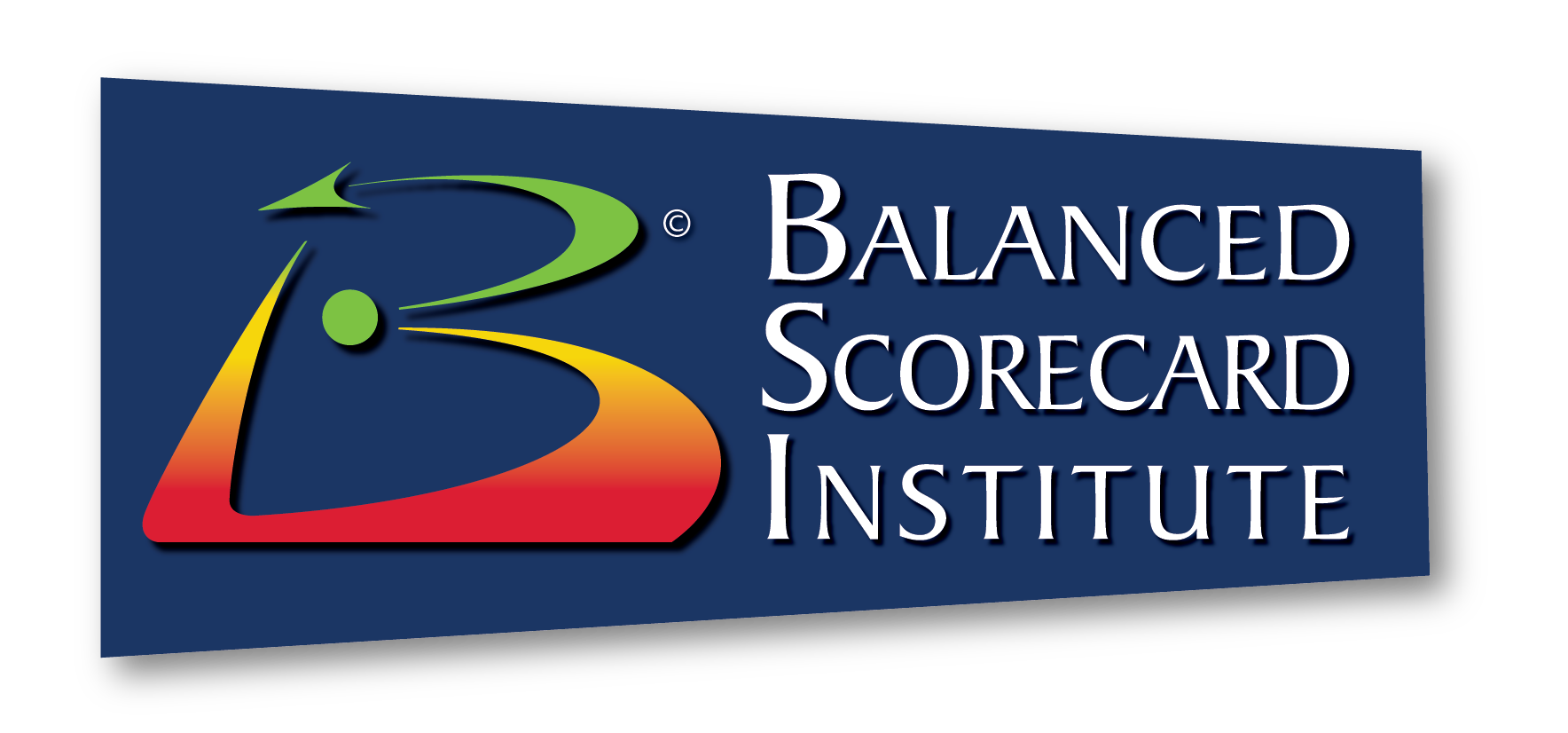 During the years we lived in Canada, my family became fond of Canadian Heritage Moments. These were sixty-second vignettes that depicted formative moments in Canadian history.
During the years we lived in Canada, my family became fond of Canadian Heritage Moments. These were sixty-second vignettes that depicted formative moments in Canadian history.
One of my favorites has the intrepid French explorer Jacques Cartier arriving in the valley of the St. Lawrence River in the year 1534 and encountering a group of Iroquois. The leader of the tribe approaches the French party and invites them to visit his nearby village. The viewer, having the benefit of English subtitles, learns that the word for village in Iroquois is “kanata.”
Cartier turns to the priest on his right and asks “What is he saying, father?” The priest hesitates a moment and then announces confidently: “He is saying that the name of this nation is Canada!” A helpful and obviously intelligent young man steps up behind Cartier and says “Begging your pardon, sir, but he’s inviting you to visit him in his village. Canada is his word for village.” The priest asserts his authority, dismissing the young man, and off they go. And the rest is history!
Enjoy the story at http://tinyurl.com/k84fsdk
When exploring new territory, it’s best to draw as much as possible on the collective intelligence of the group when assessing the situation. This is truer than ever in our organizations, and at least as true as it was in Cartier’s time. Cartier, after all, thought he was in Asia.
One of the biggest mistakes we make in strategic planning is assuming that the future will be more or less like the past. It won’t. It’s critical to articulate – and question – our assumptions about the environment we operate in, in terms of what our customers value, what our competition is offering, and the impacts of big forces like technology and the economy.
Many of our organizational ways derive from a simpler time, when we could rely on the experience of people who’d been around longer for an accurate assessment of the situation. In one of my classes, a student raised his hand and said “That’s what we call the HiPPO principle. It means that decisions are made based on the Highest Paid Person’s Opinion.”
In rapidly changing times, making strategic assessments and decisions based on what worked in the past may prove short sighted. A well-managed system for tracking and reporting strategic metrics is the compass that leaders and staff throughout the organization can use to learn from experience and align their actions in pursuit of better value for customers.
We recommend that you:
- Schedule periodic reviews of your assumptions about your macro-environment and stay tuned for new information that may challenge these assumptions
- Agree on the strategic performance metrics that matter to you as an integral part of your planning process – not after the fact
- Maintain an especially acute focus on tracking customer experience and value
- Incorporate those metrics into your scorecard and make scorecard review a regular item on your leadership meeting agenda
Dan is co-author of The Institute Way. An accomplished facilitator and trainer, Dan has a 30 year background as a manager, management consultant and executive coach. His previous professional consulting experience includes work with Accenture and Ernst & Young.

